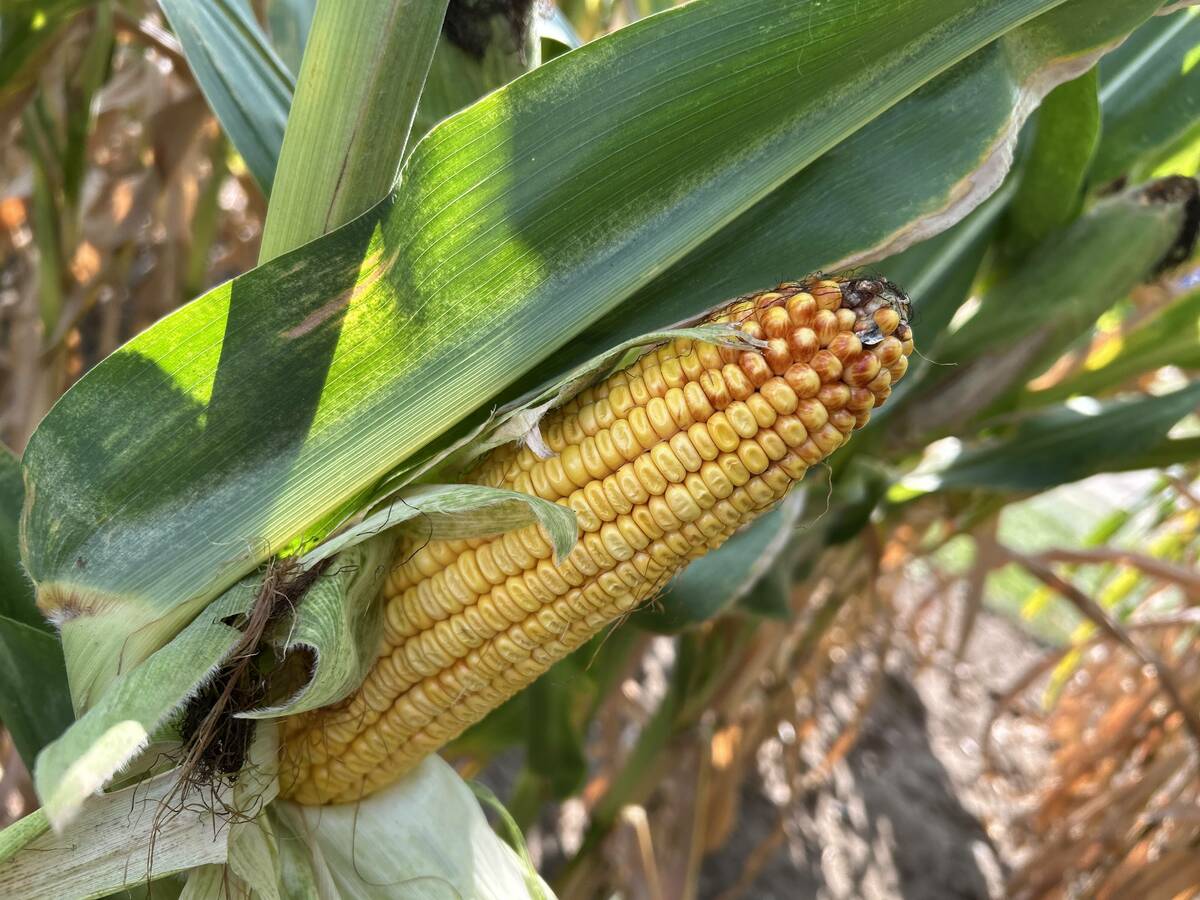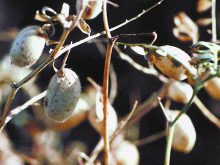Canola prices are in the tank and growers are demanding to know who’s to blame.
Industry officials and marketers say trade barriers and a huge crop are responsible.
Some growers are outraged that the crop that has been the biggest money maker on the Prairies for years has become the biggest money loser in many parts of Manitoba, where farmers did not get big yields to compensate for poor prices. They also suspect that other parts of the industry are happy to see them swing in the wind.
Read Also

Crop estimates show mixed results
Model-based estimates used by Statistics Canada showed the 2025/26 crop year has seen increases in canola, corn for grain, oats and lentils production while seeing dips in spring wheat, durum wheat, soybeans and barley in comparison to 2024/25.
At the recent Manitoba Canola Growers Association annual meeting, farmers urged the association to work with the Canadian Wheat Board to develop a canola marketing program to help make more overseas sales.
They argued that the grain companies aren’t working hard to make canola sales and in fact benefit from slack demand because they can pay less to farmers for their crop.
As a result, they said, producers would be better off if the farmer-controlled wheat board did the job.
In an interview a week after the meeting, former association president Ernie Sirski said the anger and upset among his fellow farmers is understandable.
“They’re frustrated; this is all precipitated by the fact that canola is five bucks a bushel or less in Western Canada,” Sirski said.
“On our farm here, we had a crop insurance claim because we had such a poor yield. I’m just as frustrated as anybody else.”
However, he said blaming the grain companies and other canola marketers doesn’t alleviate canola’s problems in the world market.
“These (companies) are all trying to make a sale,” Sirski said.
“But the reality is that when you’re up against tariff trade barriers, non-tariff trade barriers, and you have a huge supply in Western Canada, you’ve got the perfect storm of problems.”
Dave Parsons of Agricore United said marketers want to encourage a steady flow of canola from farmers so they can make steady sales, which they can’t do by low balling prices.
However, they may not be trumpeting their efforts to sell canola because they don’t want their competition to know too much about what they’re doing, he added.
“Everybody’s trying to maximize their facilities,” said Parsons, who is also a director of the Canola Council of Canada.
“They’re trying to maximize their market share. It’s a very competitive market…. Just sitting back and expecting to make a lot of margin, that’s not achievable. We have to compete ferociously to get business on the books. We know what the competition is doing within 10 cents a tonne to try to make sure we’re competitive and getting the growers’ canola.”
All the major grain companies have sales agents for canola overseas. Parsons said AU’s office in Japan has six canola marketers and there are more in other parts of the world.
The biggest problem overseas is discriminatory tariffs that favour soybeans in many countries, including China, he said. Those unfair tariffs mean canola needs to be sold at a discount to soybeans to make a sale because the tariff boosts the cost of canola to the buyer.
Low soybean prices make for low canola prices.
Domestically, the biggest problem this year has been last summer’s good weather and the remarkable abilities of hybrid canola, which gave farmers in Alberta up to 80 bushels per acre.
“This is the first chance to see what they can do,” said Parsons.
Sirski said he thinks outrage has erupted because farmers aren’t used to losing money on canola, although that is common with other crops.
“Canola growers are so used to it paying the bills, and it won’t do it now, so you get a feeling of hopelessness and you start looking for alternatives.”















